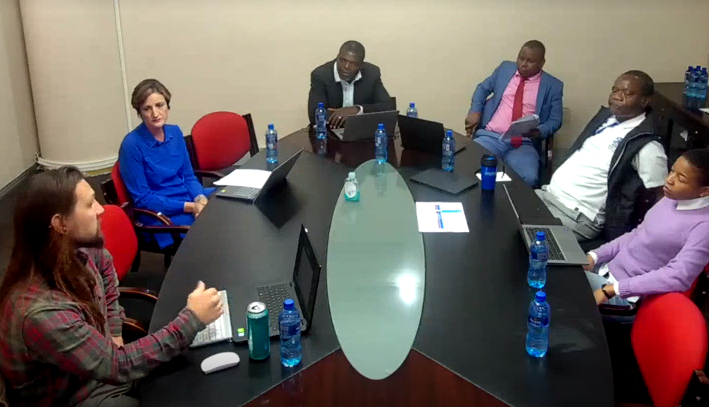The Faculty of Science, Agriculture and Engineering held its first discussion on the use of AI in HE on 01 June 2023. Our panel was deliberately composed to accommodate a variety of perspectives. Both junior and senior academics from the Natural and Physical Sciences were represented. Despite their disciplinary differences, all panelists agreed that AI cannot be ignored and that we should be actively finding ways to responsibly incorporate AI in our administrative processes, our teaching and learning and in our research and innovation.
Other key takeaways from the roundtable discussion were:
- AI tools must be responsibly integrated into our Learning Management System to assist in personalised learning and in the identification of at-risk students requiring additional academic support.
- We need to train ourselves, as academics and our students, on the responsible use of AI tools at both the undergraduate and postgraduate levels.
- We need to train ourselves to ask better questions that we can then use AI tools to assist in answering. The ability to ask better questions emerged as a strong theme for us to embrace.
- Our training, for ourselves as academics and for our students, has to walk a fine line between encouraging the responsible use of AI tools and inadvertently fostering an over-reliance on these tools for academic work.
- Future discussions are needed that incorporate student voices, AI sceptics, colleagues from disciplines outside of the Sciences and even our industry partners
- The discussion about AI usage in academia intersects with decolonizing our curricula and with the promotion of entrepreneurial thinking.
- AI tools can potentially be used to bridge the gap between high school and university. Such tools can be used help our first-year students acclimate to undergraduate Science teaching, learning and assessment in our Faculty.
- We need to update institutional policies so that they define responsible AI usage and are accommodating of this usage in teaching, learning, assessment, research and innovation.

